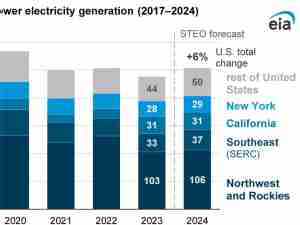Russia revisits plan for Urals futures contract as oil price slumps
By: Reuters | Dec 09 2015 at 05:23 AM
MOSCOW - Russia has dusted off plans for establishing a local futures market for Urals crude oil blend, renewing attempts to raise the profile of its benchmark export oil grade and narrow the discount to North Sea Brent which it trades at.
The Russian government has been trying to launch a Urals futures contract for a decade, ever since Vladimir Putin first said he was unhappy that the crude was sold at such a big discount to North Sea Brent.
Russia normally exports a total of almost 2 million barrels per day of the Urals blend from its Baltic and Black Sea ports.
Urals is currently priced in the physical market at a discount to Brent by pricing agencies, which poll traders and refiners. According to Reuters data, the discount in the Mediterranean <BFO-URL-E> has averaged $0.84 per barrel this year and $0.99 in 2014.
The discount has narrowed significantly from $5-$6 per barrel in 2005, when Putin first questioned the pricing, but with Brent now trading around $40 the price of Urals remains far below the $50 a barrel on which the Russian budget is based.
St Petersburg International Mercantile Exchange (SPIMEX), Russia’s largest commodities exchange, said late last month that it has launched a “simulator” trade for Urals futures.
The exchange offers spot and derivatives trading in oil products such as jet fuel and gasoline, but not in crude oil.
Trading sources said that a government meeting on Urals futures to be chaired by Deputy Prime Minister Arkady Dvorkovich is scheduled to be held on Tuesday, Dec. 15. A spokeswoman for Dvorkovich declined to comment.
However, all previous attempts to establish Urals as an internatonally-recognised benchmark grade have failed, including a proposal in 2007 to trade Urals futures in New York with an option of physical delivery from Russia’s Baltic Sea port of Primorsk.
Industry analysts and traders say the main reason for the failure is the absence of a liquid over-the-counter physical market for Urals, which makes the creation of exchange-traded derivative instruments problematic.
But now that Brent prices have fallen below $40 per barrel, the lowest level since Dec. 2008, the government has renewed efforts to reduce the differential for Urals.
“They are very worried about the falling Urals price,” a trading source said.
However, traders have been sceptical about the proposals, saying the government has not taken into account numerous issues such as the lower quality of Urals crude compared with Brent as well as how the schedule for physical delivery will work and who will participate in trading.









